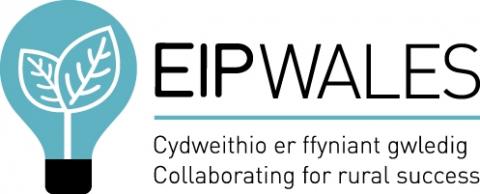This project is a farmer-led initiative and is funded by a European Innovation Programme.
It focuses on the collaboration of a group of farmers, over a three-year period (2019 – 2022), in the Talybont North Ceredigion area to identify the levels of scab infection within their flocks, the routes of transmission, and then work collectively to reduce the incidence of the parasite in the locality. This collective approach was achieved by regular risk assessments, knowledge exchange and communication within the farmer group, facilitated by one vet and the EIP broker.
Diagnosis of sheep scab on farms was done with blood tests. Compared to skin scrapping, blood test are more reliable and allow the diagnosis of sheep scab as early as two weeks of infection, before clinical signs are visible.



